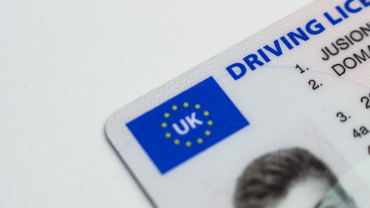Regardless of your business, there can be many reasons for carrying out a credit check. For example, those in the financial sector may use credit scoring to ensure an applicant is the right fit for a role.
In other instances, a credit check can be required to ensure the details are correct and official. In either event, credit checks must be carried out correctly.
Although carrying out a credit check is straightforward, some factors need to be considered to ensure that you receive all the information you need and some additional checks to ensure documentation is valid.
Be Aware of All Credit Reference Agencies
One of the most accessible and easy to carry out a credit check is via credit reference agencies. The three main agencies in the UK are Experian, Equifax and TransUnion, each with its own reporting infrastructure.
Although all three do a brilliant job of reporting the financial status of an individual, there can be times when the information is different. There can be many reasons for this, including some companies only reporting to one agency.
It is also worth noting that there can be instances when information on a credit check is outdated or incorrect. As such, using one credit reference agency could mean you’re not getting the complete picture regarding job applicants.
Hard Credit Checks and Soft Credit Checks: What’s the Difference?
In addition to being aware of the different credit reference agencies, it is also vital that the correct type of credit check is carried out. A soft credit search will often be enough if you only want to clarify information for a background check.
However, those wanting to ensure there is no financial mismanagement will run a hard credit check, which is often the case for toles in the financial sector. A hard credit check will be recorded on the person’s file, so you must obtain their permission beforehand.
This is because, sometimes, a hard credit check can affect the individual’s credit score, which isn’t ideal if permission hasn’t been sought. Unknown queries will often be contested and be seen as a fraudulent entries.
Validate All Documents You Receive
Even when credit checks are carried out, more documentation can still be required to validate a person’s identity. Fortunately, checking valid documents can now be completed with online verification.
In the past, checking the legitimacy of documents would be time-consuming and, in some instances, expensive. Fortunately, this is no longer the case. Online document verification can be done in as little as 30 seconds using a complex algorithm that can verify over 4000 documents from the UK and abroad.
More people carry out their affairs online in the 21st century, and credit checks are no exception. However, taking some time to check all credit reference agencies and verify any paperwork received regarding applications ensures you can find the right fit for a job role and carry out background checks seamlessly.









